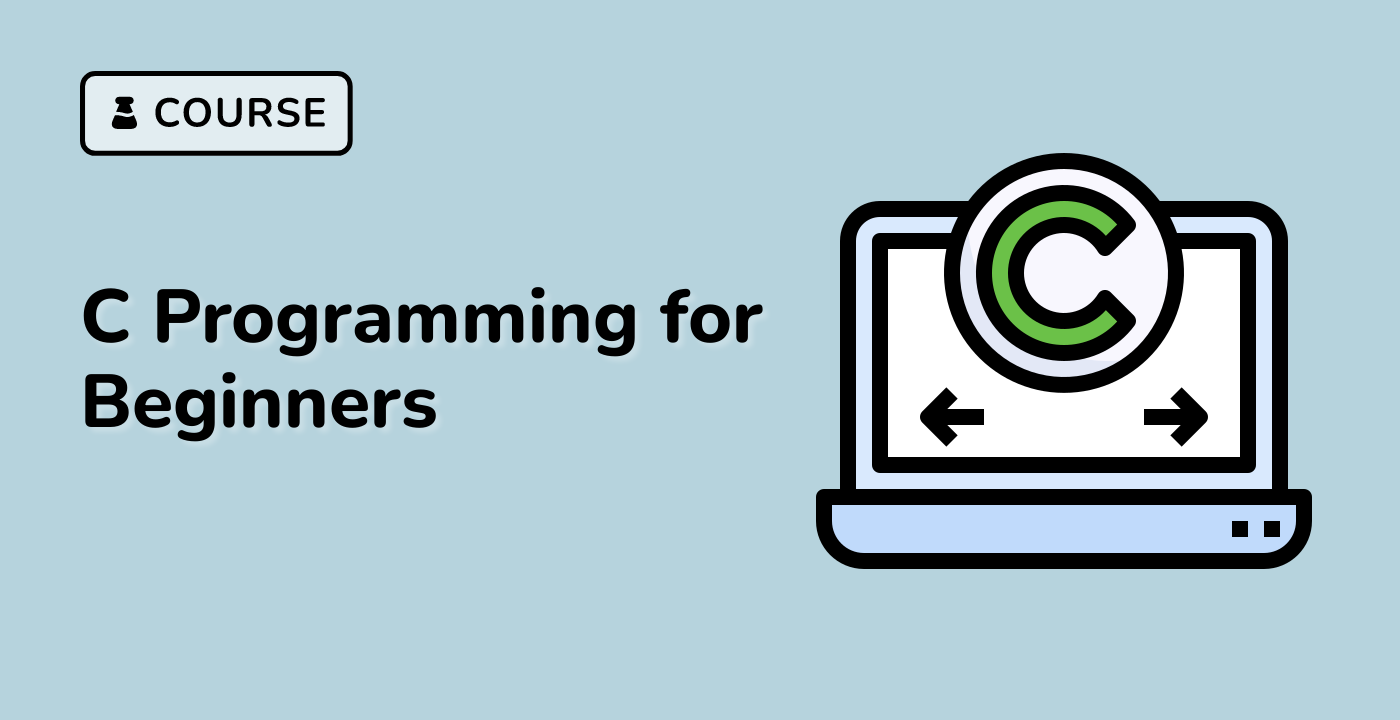Practical Implementation
Real-World Large Number Handling Strategies
Comprehensive Approach to Large Number Management
graph TD
A[Practical Implementation] --> B[Problem Analysis]
A --> C[Algorithm Selection]
A --> D[Performance Optimization]
A --> E[Error Handling]
1. Cryptography and Financial Calculations
Use Case Scenarios
- Cryptographic key generation
- Financial transaction processing
- Scientific computing
typedef struct {
unsigned char* data;
size_t length;
int radix;
} LargeNumber;
LargeNumber* initializeLargeNumber(size_t size) {
LargeNumber* num = malloc(sizeof(LargeNumber));
num->data = calloc(size, sizeof(unsigned char));
num->length = size;
num->radix = 256;
return num;
}
2. Modular Arithmetic Implementation
Key Techniques
- Efficient multiplication
- Modulus operations
- Overflow prevention
LargeNumber* modularMultiplication(LargeNumber* a,
LargeNumber* b,
LargeNumber* modulus) {
LargeNumber* result = initializeLargeNumber(modulus->length);
// Implement efficient multiplication algorithm
return result;
}
| Technique |
Memory Usage |
Computation Speed |
Precision |
| Standard Integers |
Low |
High |
Limited |
| String Representation |
High |
Moderate |
Unlimited |
| Bit Manipulation |
Moderate |
High |
Moderate |
| External Libraries |
Variable |
Variable |
High |
3. Error Handling and Validation
Robust Error Management Strategies
graph TD
A[Error Handling] --> B{Validate Input}
B -->|Invalid| C[Raise Exception]
B -->|Valid| D[Process Computation]
C --> E[Graceful Failure]
D --> F[Return Result]
Practical Error Handling Example
int validateLargeNumber(LargeNumber* num) {
if (!num || !num->data) {
fprintf(stderr, "Invalid large number structure\n");
return 0;
}
// Additional validation checks
return 1;
}
4. Optimization Techniques
Memory and Computational Efficiency
- Lazy initialization
- Minimal memory allocation
- Intelligent caching strategies
LargeNumber* optimizedComputation(LargeNumber* a, LargeNumber* b) {
static LargeNumber* cache = NULL;
if (cache == NULL) {
cache = initializeLargeNumber(MAX_CACHE_SIZE);
}
// Perform computation with cached resources
return result;
}
5. Integration with LabEx Development Environment
Best Practices
- Modular design
- Comprehensive testing
- Clear documentation
- Performance profiling
Advanced Considerations
- Memory management
- Thread-safe implementations
- Cross-platform compatibility
- Scalability
Key Implementation Strategies
- Choose appropriate data structures
- Implement efficient algorithms
- Minimize computational complexity
- Provide robust error handling
Conclusion
Successful large number implementation requires:
- Careful design
- Thorough understanding of computational limitations
- Continuous optimization
- Adaptable approach to different problem domains
By mastering these practical implementation techniques, developers can create powerful and efficient large number computation solutions in C programming.




